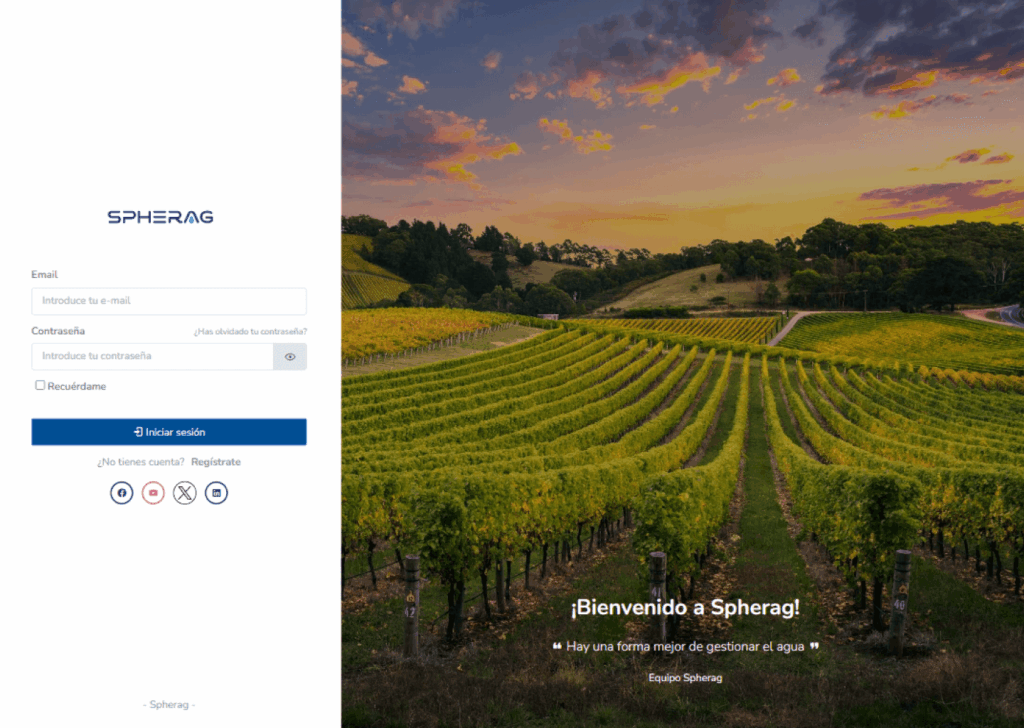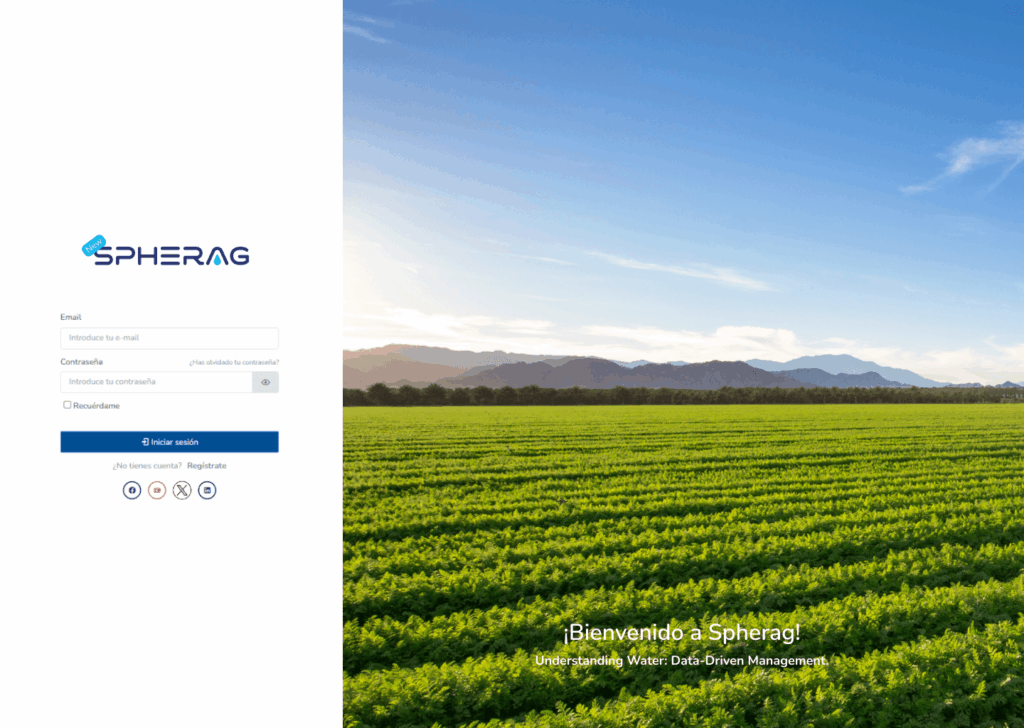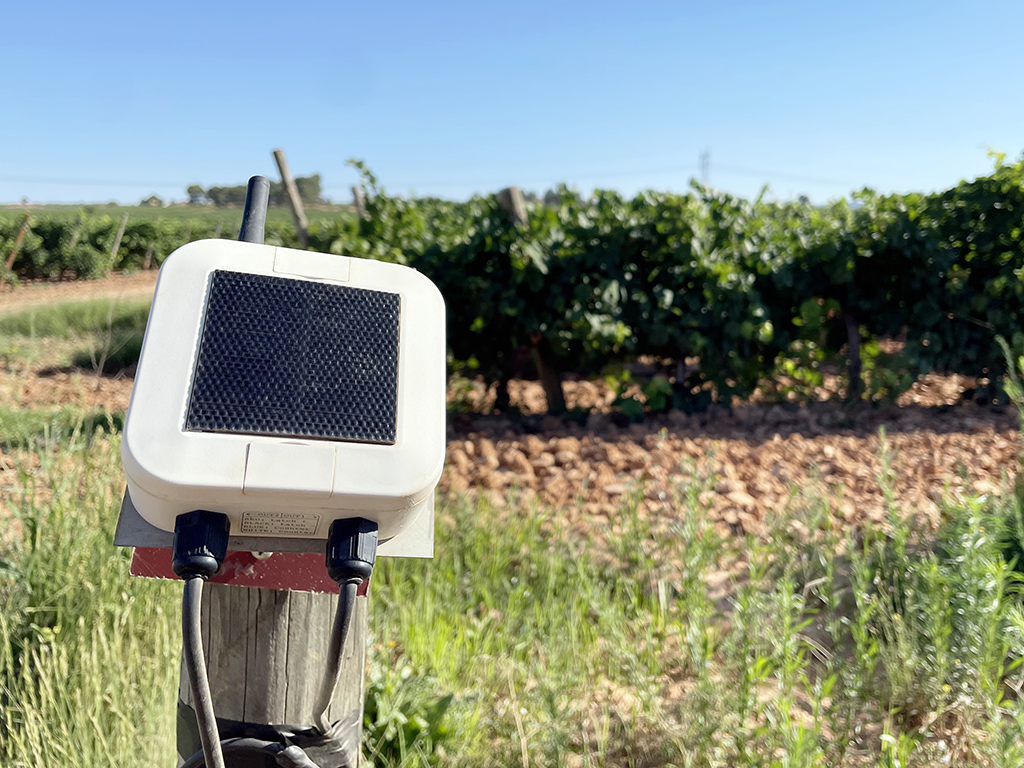Traditional viticulture and innovative enology
An intelligent combination of traditional viticulture and technological innovation is the basis of the wines produced at Bodegas Hispano-Suizas.
This philosophy has borne fruit in the form of award-winning wines and cavas in Spain and abroad. Congratulations!

Thanks to the collaboration of agronomic experts from La Campesina Fertol and Ris Iberia, the Bodegas Hispano-Suizas team has opted for the automation of its irrigation system. With this step, they leave behind the manual operation and control of the installation and move to an advanced automation system based on disruptive technologies, such as SPHERAG. They are ready for the future!
This decision will allow them not only to face global challenges such as unstable weather and lack of water with greater resilience, but also to maintain the excellent quality of their wines by producing more efficiently and sustainably. In addition, the integration with different types of sensors facilitates access to accurate information in real time, allowing adaptation to the needs of the vineyard at each stage of its development.
The challenges of Bodegas Hispano-Suizas automation project
Bodegas Hispano-Suizas has 110 hectares of its own vineyards where different grape varieties are grown. In this extensive area, there was no previous wiring, and some irrigation sectors are up to 3 kilometers away from the water wells.

SPHERAG: an efficient, competitive and modular solution
The La Campesina Fertol team, with more than 30 years of experience in vine irrigation installations, designed the project and opted for SPHERAG’s Atlas IoT devices. This solution is more efficient and economical than other alternatives based on LORA or Radio technologies.
In the first phase, 60 hectares have been automated and 10 IoT Atlas 2 devices have been installed: one for every two of the 16 sectors into which the land is divided, and one for each of the two existing well pumps.

SPHERAG’s technology, with autonomous connectivity, solar powered and cable-free, is perfectly suited to these installations where large distances have to be bridged between the various elements. Not only does it reduce installation costs, but it also minimizes the operators’ daily trips around the farm.


